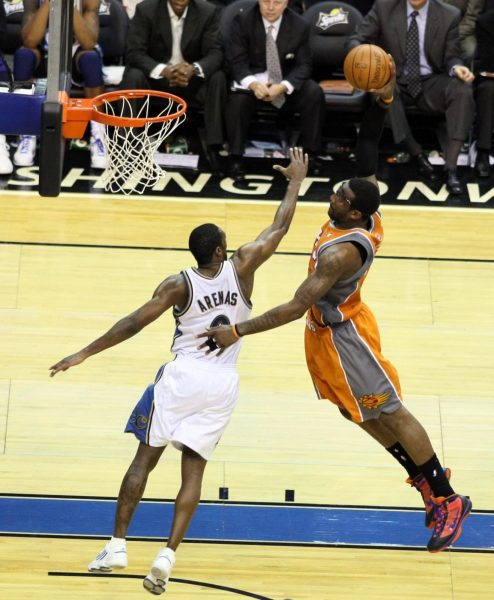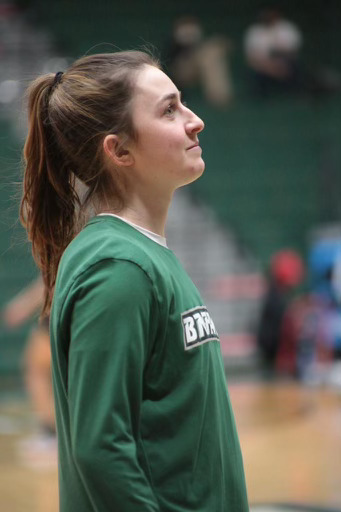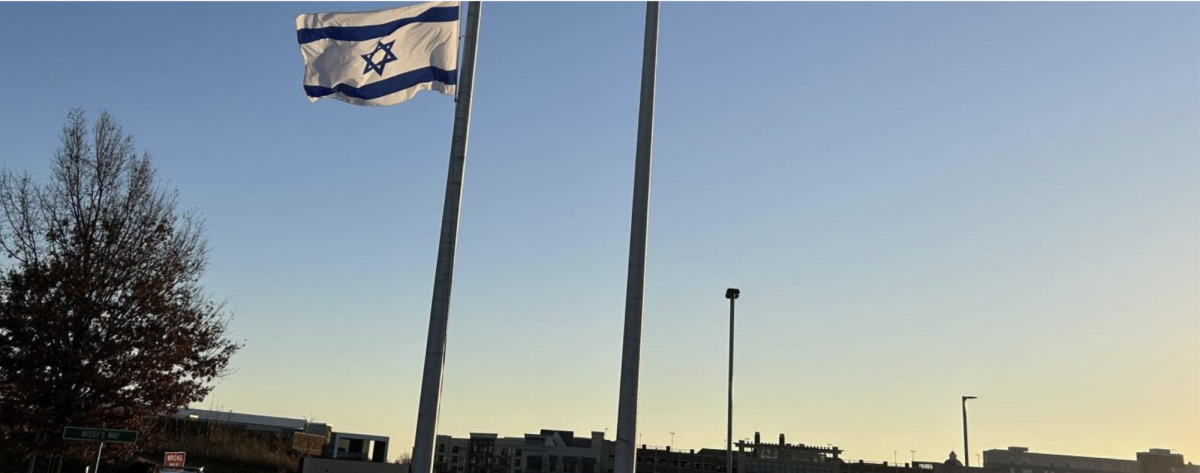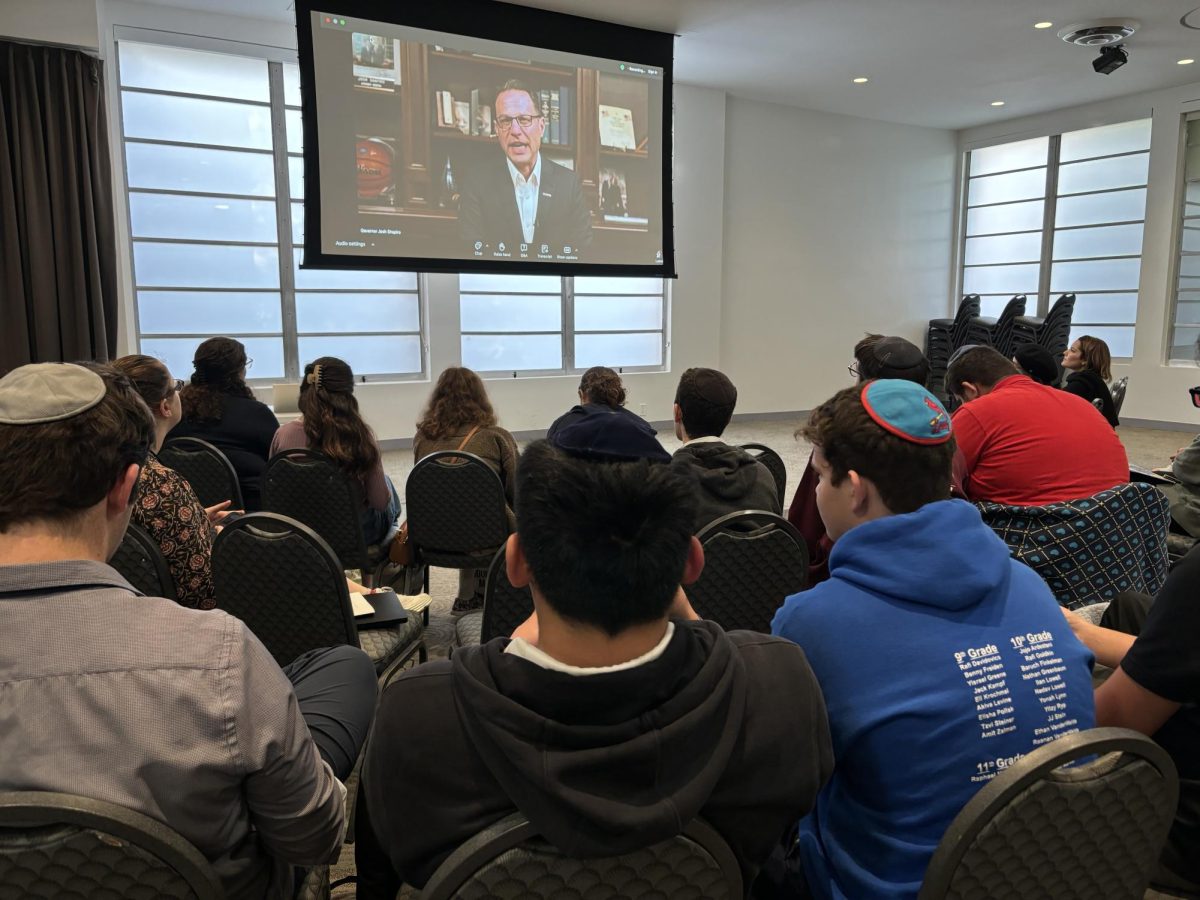A long time ago, back before computers were a household item, and before Lego was invented, Jews ruled the basketball landscape. Invented in 1891 by James Naismith, a teacher of physical education at McGill University in Montreal, basketball has become one of the most widely played sports in the world.
In the early 1900s, New York was the place to be for basketball, and New York also happened to be the place for Jews. The two intermingled, so Jewish basketball players became the stars of the sport.
According to the Jerusalem Post, on Mar. 3, 1934, at a game between The City College of New York (CCNY) and New York University, nine of the ten starters were Jewish.

On Nov. 1, 1946, the first-ever NBA game was played between the New York Knicks and the Toronto Huskies in Toronto. The very first basket scored in the first NBA game was scored by Jewish player Oscar Benjamin Schectman. That’s right, Jews are responsible for the single most important shot in NBA history, well, maybe. That year’s Knicks roster just fell short of a minyan (10 Jewish players).
After a short amount of time, Jews began to slowly diffuse out of NBA rosters. They had now put themselves in the president’s box or the coaching chair. Turns out, we had a knack for it.
First-generation American Jew, Red Auerbach, the coach, general manager, and team president of the Boston Celtics from 1957-86, led them to 16 NBA championship titles, making him the most successful team official in NBA history. He had a 52% percent chance in any given season to win the NBA championship.
William “Red” Holzman, the son of Jewish immigrant parents, grew up in the Lower East side of Manhattan. He was the coach of the New York Knicks from 1967-’77 and again from 1978-’82. He won two championships with them in 1970 and 1973. When Holzman retired, he was the second-winningest coach in NBA history. He won Coach of the Year in 1970 and was inducted into the Hall of Fame in 1985. Bleacher Report ranks Holzman as the ninth greatest coach of all time and Auerbach as the second greatest coach of all time.
In the current landscape of the NBA, there are still Jewish athletes. One standout case is Sacramento Kings star center, Domantas Sabonis. He is currently in the act of converting, and he and his wife (already Jewish) celebrate Shabbat, Passover, and keep Kosher.
In 2018, former NBA forward, Amar’e Stoudemire announced that he would be converting to Judaism. Stoudemire was a successful NBA player, winning Rookie of the Year in 2002. He also has five All-NBA teams and six All-Star selections.

There is one current Jewish NBA player, Deni Avdija of the Washington Wizards.
Basketball has stayed an important part of Jewish athletes’ lives, but the balance between basketball and Judaism doesn’t come easy.
Mia Raskin, also a graduate student at Binghamton University, shares her experience of playing college basketball while being Shomer Shabbat. During the COVID pandemic, Binghamton didn’t allow the public into the basketball facilities, but Raskin was determined to play.
She recollects her experience, “I sent emails and called like a hundred times just to try and get my foot in the door, and finally once they opened up the door to the players, I became a student manager.”

Once involved on the team, Raskin realized just how big of a jump it was from high school basketball to collegiate basketball. “I felt that there was a shared mentality on the team that basketball was their life,” Raskin said about the commitment. She knew that college basketball would be demanding, whether she was a player or not.
Raskin valued Shabbat as much as she valued her team, and that required extra commitment. She remembers the lengths she went to, to be able to observe both. She said, “I’d be in the locker room in between practices or waiting for a game, or I’d leave practice ten minutes early so I can shower and get dressed for Shabbat…People understood that for me basketball was important…but at the end of the day there was this shared commitment.”
In all the combination of basketball and Judaism, the balance of both is important. Basketball has been involved in the lives of Jews for decades, and it shows no signs of slowing down.
This story was published in RampageWired on Feb. 28, 2024.


















